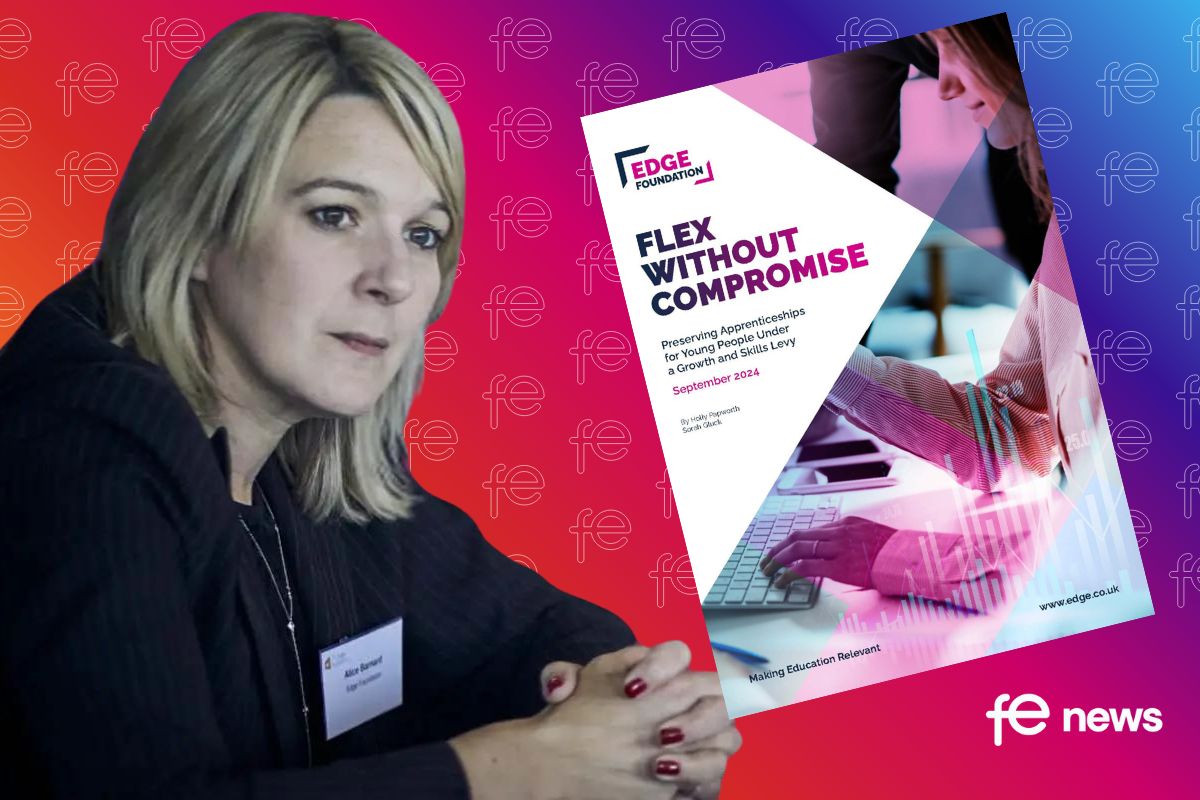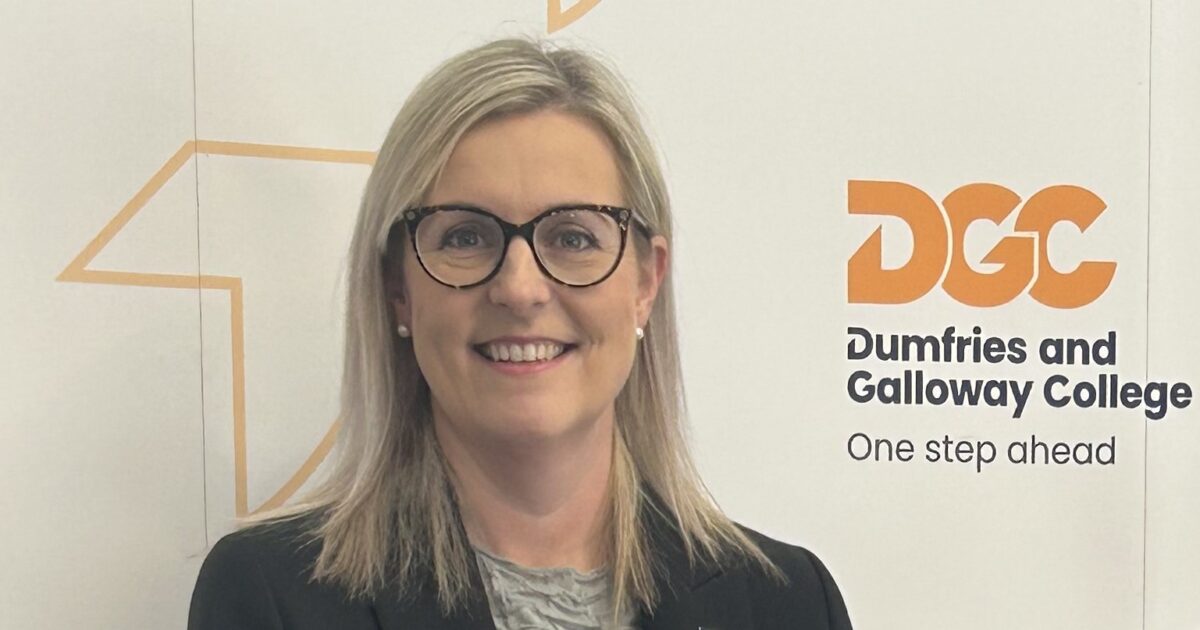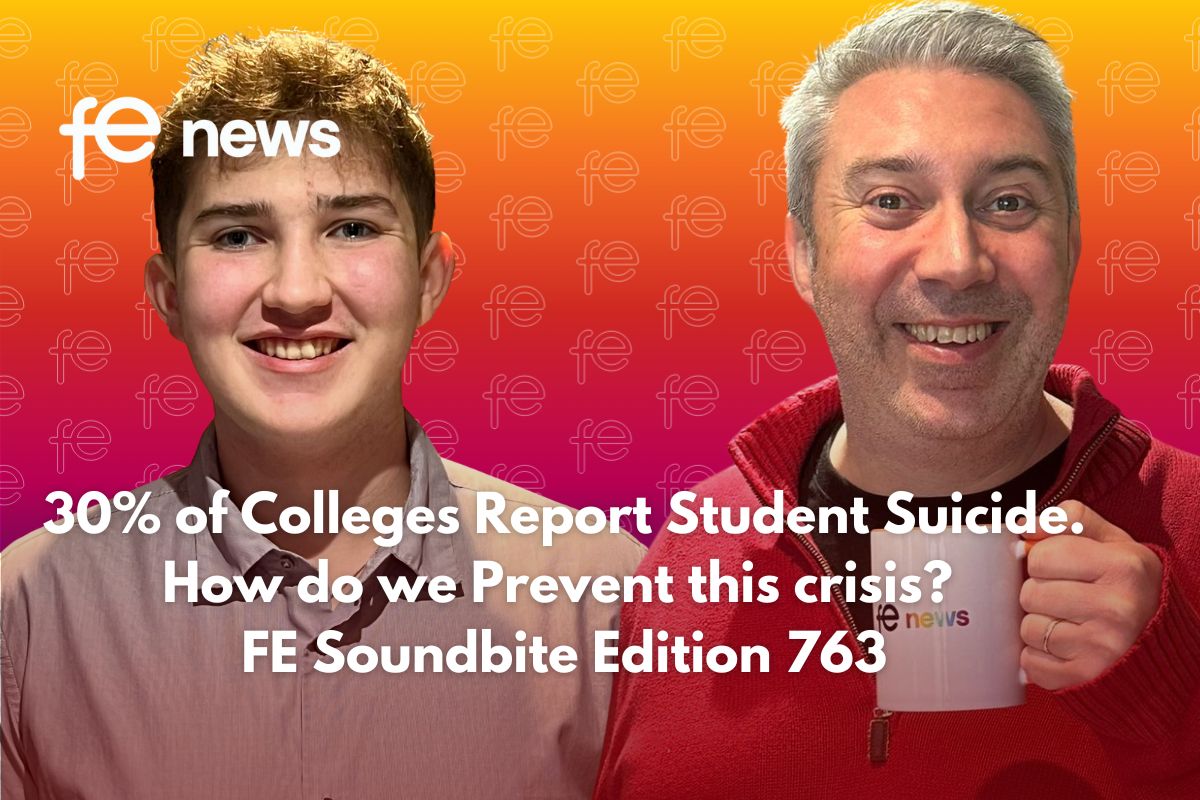New Freedom of Information data suggests almost a quarter of Early Help referrals are returned to schools without action.

- New Freedom of Information data suggests almost a quarter of Early Help referrals, designed to ensure families get support from councils, are returned to schools without action causing issues to escalate
- 35% of children eligible for free school meals were persistently absent in autumn 2021 and spring 2022, compared with 18% of pupils who were not eligible.
- ‘Dig a Little Deeper’ is School-Home Support’s new campaign to secure more investment for family support for the most disadvantaged areas to tackle the underlying issues affecting 1.6 million who regularly miss school.
- It calls on the government to commit £90.2m to pay for a service of family support practitioners to support the 19 Priority Education Investment Areas where persistent absence currently exceeds the national average of 12.1%.
A new investigation from charity School-Home Support has revealed that schools are left unsupported by councils when they identify families who need extra support, causing issues to escalate for vulnerable children. According to the charity this is a key factor in the worrying rise in school absence.
The charity has released Freedom of Information (FOI) data which reveals that almost a quarter of Early Help referrals made by schools for families in need, are returned without action.
When it is delivered, Early Help would see councils working with schools to provide family support when home issues affect learning, but thresholds to trigger that support are now so high, schools are left supporting families who need more bespoke help. Required to meet their statutory duties to provide social care services, many councils have been forced to cut preventative services like family support,
According to the charity’s most recent impact report, demand for support with school attendance has never been greater, particularly in communities hardest hit by the pandemic and now the cost-of-living crisis. Last year, School-Home Support frontline practitioners completed 56% more interactions — meetings, phone calls or visits — than the previous year. Conversations about issues such as poverty, benefits, work and housing rose by 82%.
The charity says their findings show that current demand for family support far outstrips supply and because Early Help isn’t a statutory service, funding hasn’t kept pace with growing need.
Based on the FOI data gathered, from 2018 to 2022, there was a 156% increase in the number of referrals and a 96% increase in the average number of referrals being returned for school action. As the circumstances driving increased need show no sign of abating, unless new resources are allocated to family support, the charity expects the next couple of years will continue to show high levels of referrals by schools, as well as a high number of requests returned without action.
School-Home Support is today launching its Dig a Little Deeper campaign, calling on the government to do more to support schools in tackling the root causes of persistent absence through early intervention and whole family support.
Over 1.6 million children are missing weeks, months, sometimes years of their education according to official statistics.
Jaine Stannard, Chief Executive of School-Home Support, said:
“Schools are doing what they can to support families, but they can’t do it all. This is a ticking time bomb. Unless new resources are allocated for family support around schools, some families will be lost from education for good. There are huge benefits to engaging the whole family in school attendance work. If we can improve the home learning environment, as well as attendance in the short term, the impact on community education and skills could be exponential.”
School-Home Support’s campaign will highlight concerns that children from disadvantaged backgrounds are most at risk of persistent absence, with recent data from the Department for Education showing that 35% of children eligible for free school meals were persistently absent in autumn 2021 and spring 2022, compared with 18% of pupils who were not eligible.
The campaign calls on the government to commit £90.2m to pay for a service of family support practitioners to support the 19 Priority Education Investment Areas where persistent absence currently exceeds the national average of 12.1% based on the academic year 2020/21. This would provide 2,225 practitioners nationally, supporting 194,000 children and their families. The charity has proposed the policy is funded from existing government programmes for families, including the Supporting Families programme.
School-Home Support says the upfront investment in family support practitioners focused on attendance could halve the cost of tackling persistent absence. It costs School-Home Support approximately £1 000 to support a child and family compared to £1,965 cost for that same child missing at least five weeks of school.
According to School-Home Support’s latest Impact Report data, scaling family support around schools could offer impressive benefits across the Priority Education Investment Areas, helping seven in 10 persistently absent children to spend an average of six more weeks in school, with improved attendance.











Responses